Of Everything That Disappears Remains
비로소 사라져야 기억되는
July 31 - August 13
0 Gallery, Seoul Korea
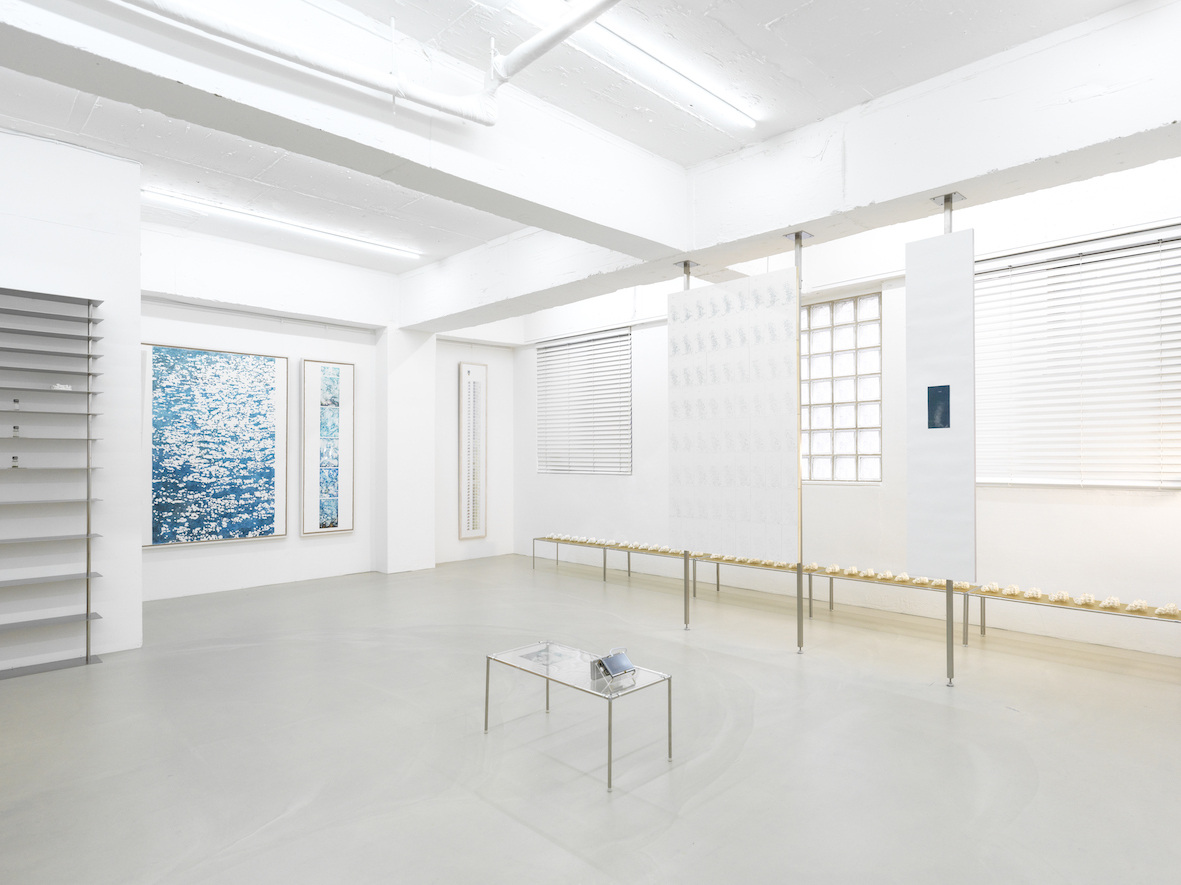
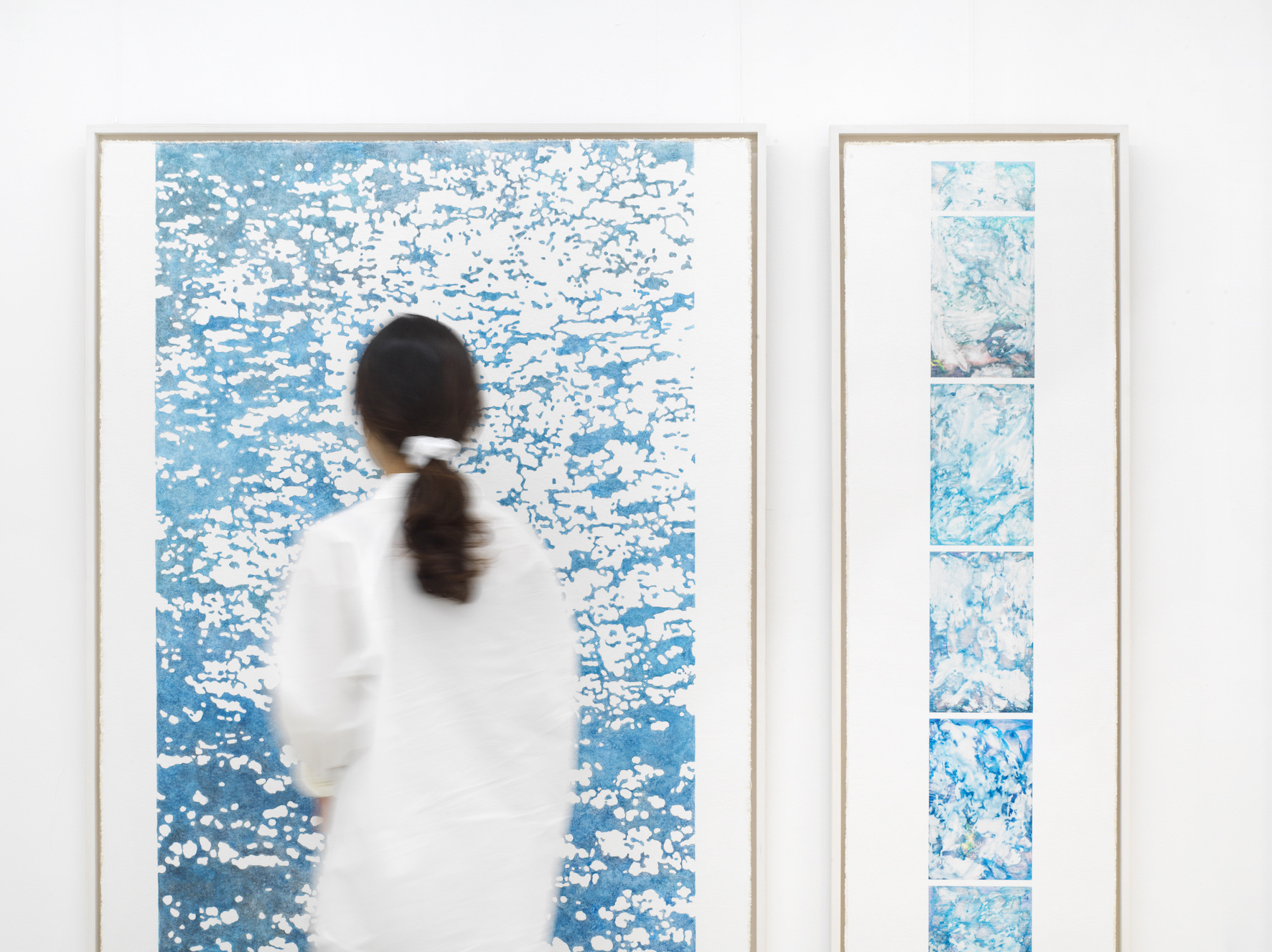
Preface | Kaweon Kim (0 Gallery Director)
Will a memory created today be remembered tomorrow? The sky we gazed at as we travelled to work; the signboards we passed while walking; the people we met on the subway; and the savory smell emanating from the bakery. Even if we remember all of these things, will they present themselves as memories that we want to remember tomorrow? We do not remember what we experience exactly as they take place on a daily basis. Precisely speaking, even if we do remember everything, we tend to forget as much as we remember. Even though humans are known to be the creatures of oblivion, we cannot consciously experience oblivion simply because forgotten memories can never be remembered. Nevertheless, if we come to notice that our memories are gradually fading away or disappearing, it paradoxically means that we have been reminiscing ‘that memory’. It is only when we reminisce on a constant basis, are we then able to feel the memory fading away. We encounter oblivion as much as we reminisce. In this exhibition memories are rather reproduced continuously as a data. However, the more we reproduce them, and the more we try to preserve them physically, the more our memories die out. Perhaps no memories already exist in the exhibition hall. What we witness are merely the things that memories gave birth to, or the creation achieved by memories.
In this exhibition, Ji Yoon Chung stands between the attitude to preserve memories and their tendency to disappear, while constantly organizing and arranging them. She accomplishes this calmly as if she is simply sorting through some books stacked on old bookshelves. However, the process by no means involves any indifference or negligence. This is because Ji Yoon Chung's attitude towards reproduction and repetition embodied in her work featuring the lumps that appear to be the same but are actually different, and again, a series of procedures that quantify them and arrange them into data, exude a sense of desperation for something abstract.
We experience today as much as flowing memories. And the importance lies in today, where all those memories begin. Ji Yoon Chung narrates stories that emanate from memories while never once omitting the present perspective that looks at changing things. We shall strive to remember that today can be the memory we reach for tomorrow as much as we reminisce for the past.
Will a memory created today be remembered tomorrow? The sky we gazed at as we travelled to work; the signboards we passed while walking; the people we met on the subway; and the savory smell emanating from the bakery. Even if we remember all of these things, will they present themselves as memories that we want to remember tomorrow? We do not remember what we experience exactly as they take place on a daily basis. Precisely speaking, even if we do remember everything, we tend to forget as much as we remember. Even though humans are known to be the creatures of oblivion, we cannot consciously experience oblivion simply because forgotten memories can never be remembered. Nevertheless, if we come to notice that our memories are gradually fading away or disappearing, it paradoxically means that we have been reminiscing ‘that memory’. It is only when we reminisce on a constant basis, are we then able to feel the memory fading away. We encounter oblivion as much as we reminisce. In this exhibition
In this exhibition, Ji Yoon Chung stands between the attitude to preserve memories and their tendency to disappear, while constantly organizing and arranging them. She accomplishes this calmly as if she is simply sorting through some books stacked on old bookshelves. However, the process by no means involves any indifference or negligence. This is because Ji Yoon Chung's attitude towards reproduction and repetition embodied in her work
We experience today as much as flowing memories. And the importance lies in today, where all those memories begin. Ji Yoon Chung narrates stories that emanate from memories while never once omitting the present perspective that looks at changing things. We shall strive to remember that today can be the memory we reach for tomorrow as much as we reminisce for the past.
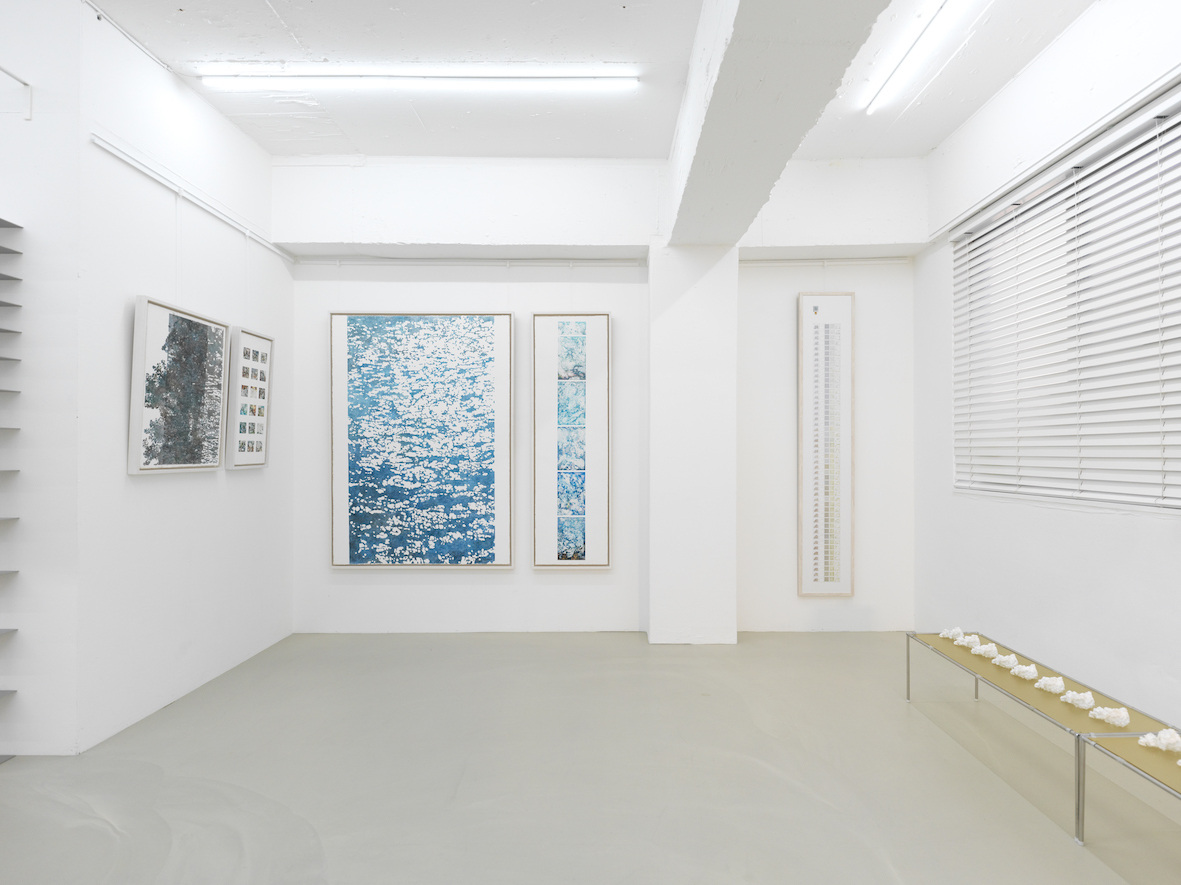
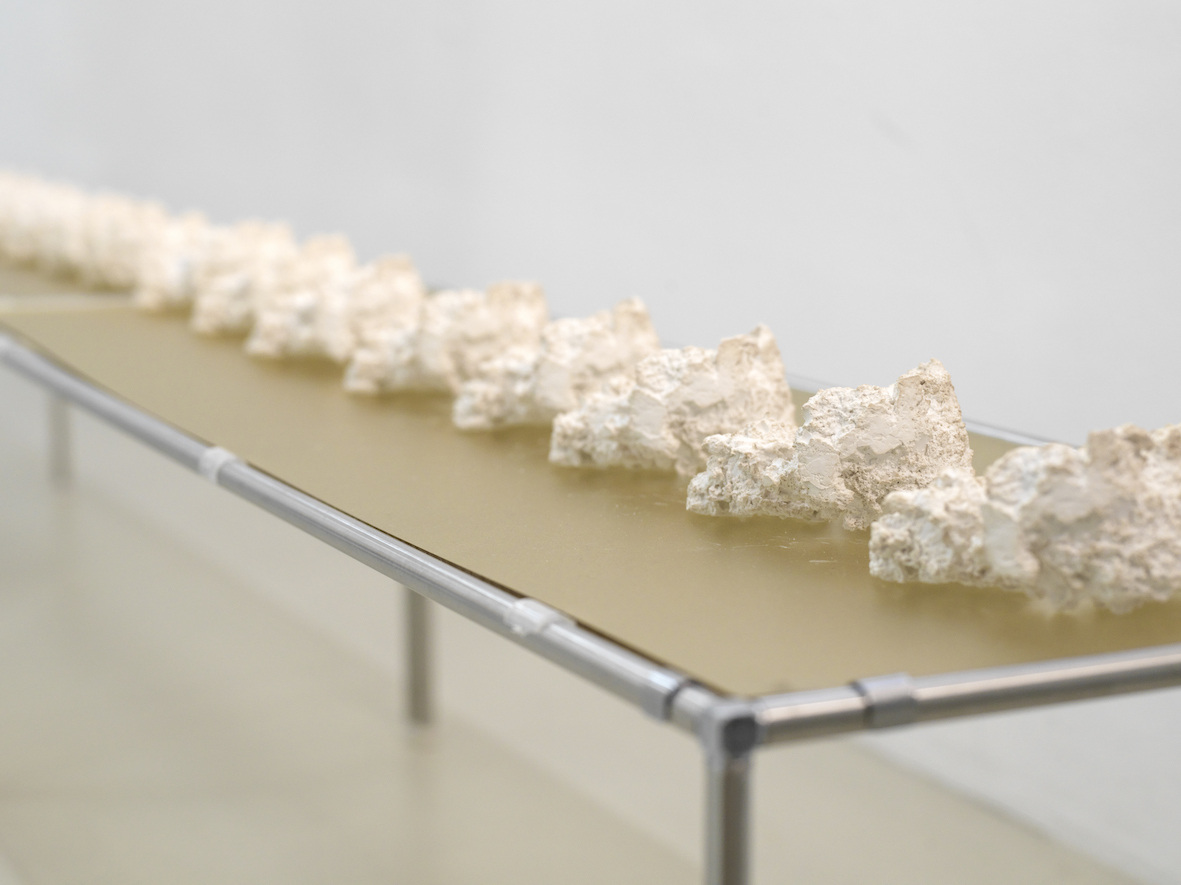
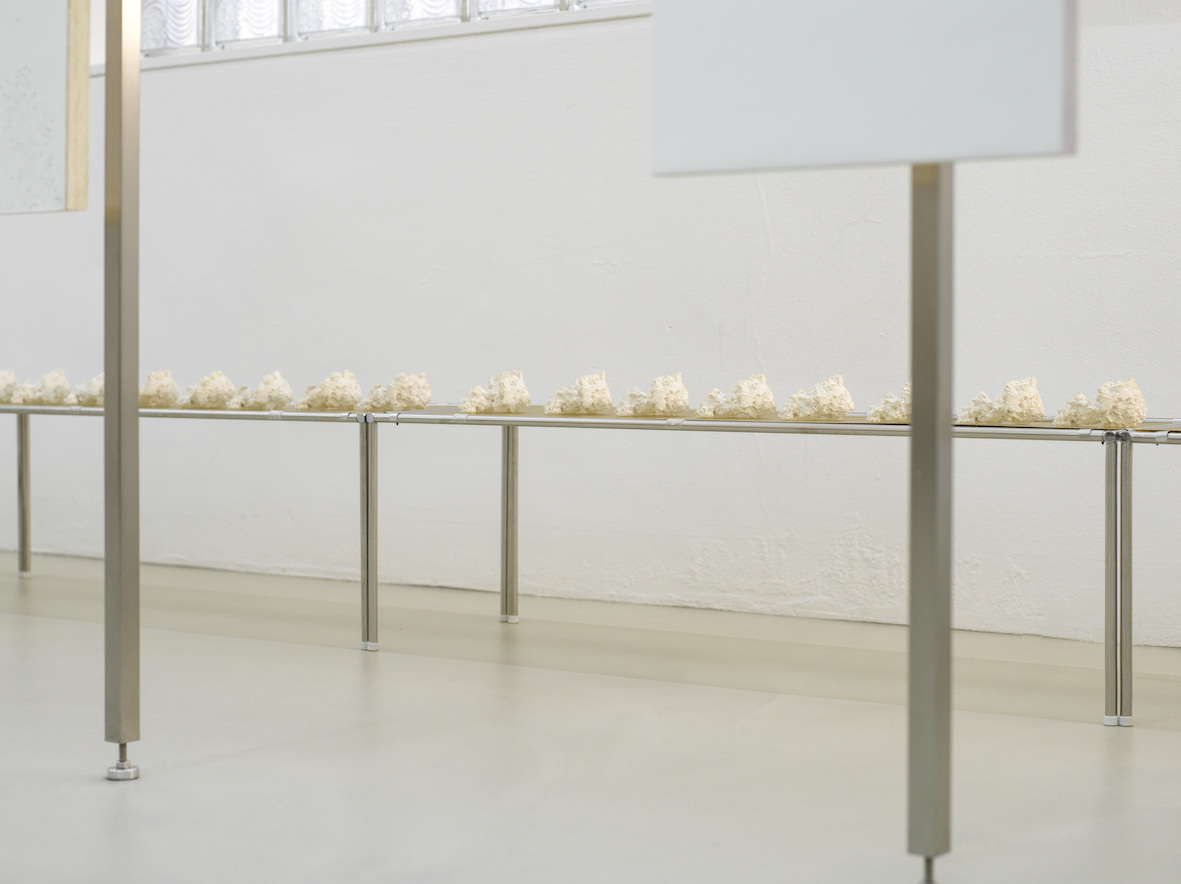
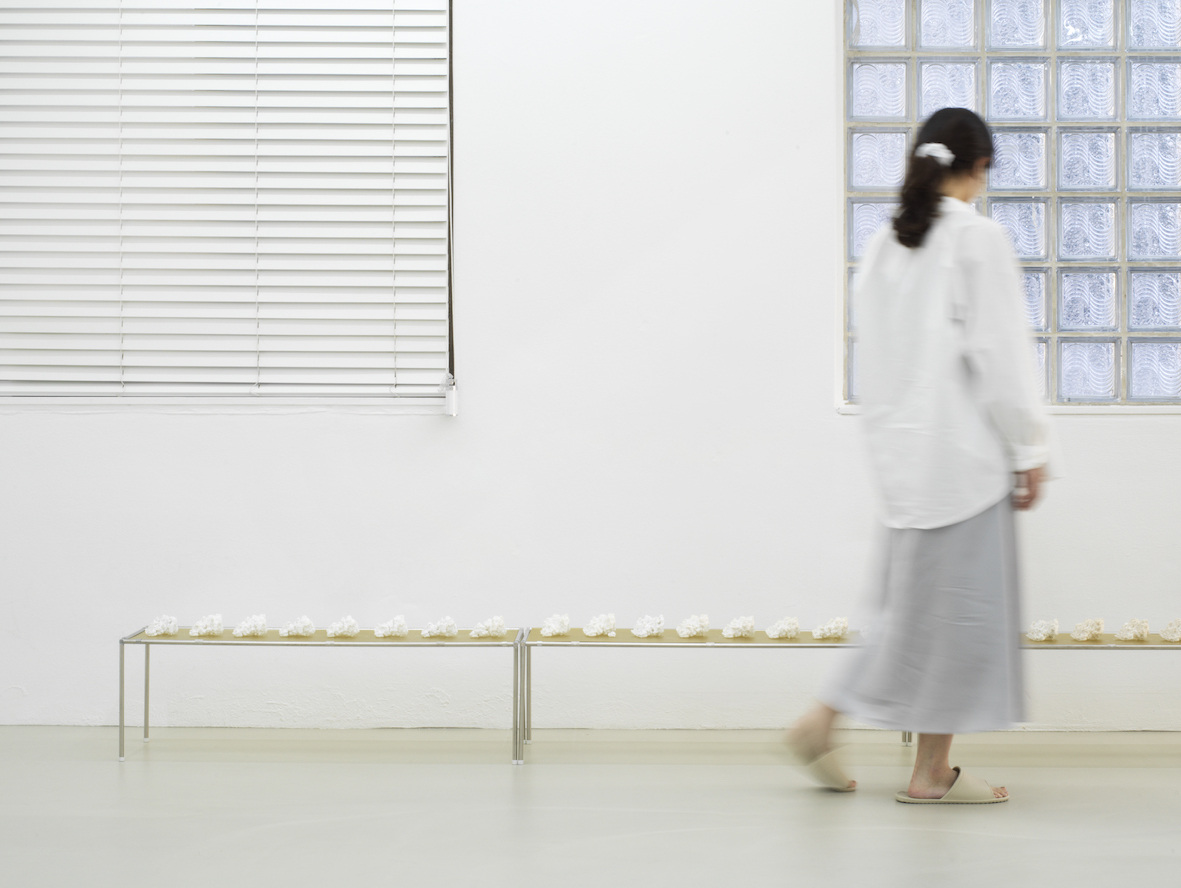
서문 | 김가원 (0갤러리 디렉터)
오늘의 기억이 내일의 추억이 될까? 출근길에 본 하늘, 지나가면서 본 간판, 지하철에서 마주친 사람들, 빵집에서 새어 나오는 고소한 냄새. 이 모든 것들을 다 기억한다고 해도 이것들이 과연 내일 다시 꺼내 보고 싶은 추억이 될까? 우리는 일상적으로 경험한 모든 것들을 그대로 기억하진 않는다. 정확히 표현하자면, 기억하더라도 그만큼 많은 것들을 흘려보낸다. 흔히 인간은 망각의 동물이라고 이야기하지만 사실 의식적으로 망각을 경험할 수는 없다. 잊혀진 기억은 이미 기억되지 않기 때문이다. 그럼에도 불구하고 어떤 기억이 점차 옅어지거나 사라지는 것을 경험한다면, 그것은 역설적으로 그만큼 ‘그 기억’을 추억하고 있다는 뜻이다. 끊임없이 추억할 때에야 비로소 사라지는 것을 느낄 수 있다. 망각은 추억할수록 경험된다.
이번 전시 <비로소 사라져야 기억되는 Of everything that disappear remains>에서 기억은 오히려 하나의 자료가 되어 끊임없이 복제된다. 그러나 복제하면 할수록, 물리적으로 보존하려 할수록 기억은 사라진다. 어쩌면 이미 전시장에 기억은 없다. 기억이 낳은 것들, 기억의 창조물만 있을 뿐이다. 이번 전시에서 정지윤은 기억에 대해 보존하고자 하는 태도와 사라지는 현상 그사이에 서서 끊임없이 그것들을 정리하고 배열한다. 마치 오래된 서가에서 책을 정리하듯 담담하다. 그러나 그 과정이 결코 무관심하거나 소홀한 것은 아니다. 작품
흘러가는 기억만큼 우리는 오늘을 경험한다. 중요한 것은 그 모든 기억의 시초가 되는 오늘에 있다. 정지윤은 기억에 관해 이야기하면서도 변해가는 것들을 바라보는 현재의 시선을 빼놓지 않는다. 지나간 시간을 추억하는 것만큼 오늘이 내일의 추억이 될 수 있다는 사실을 기억해야 하지 않을까.
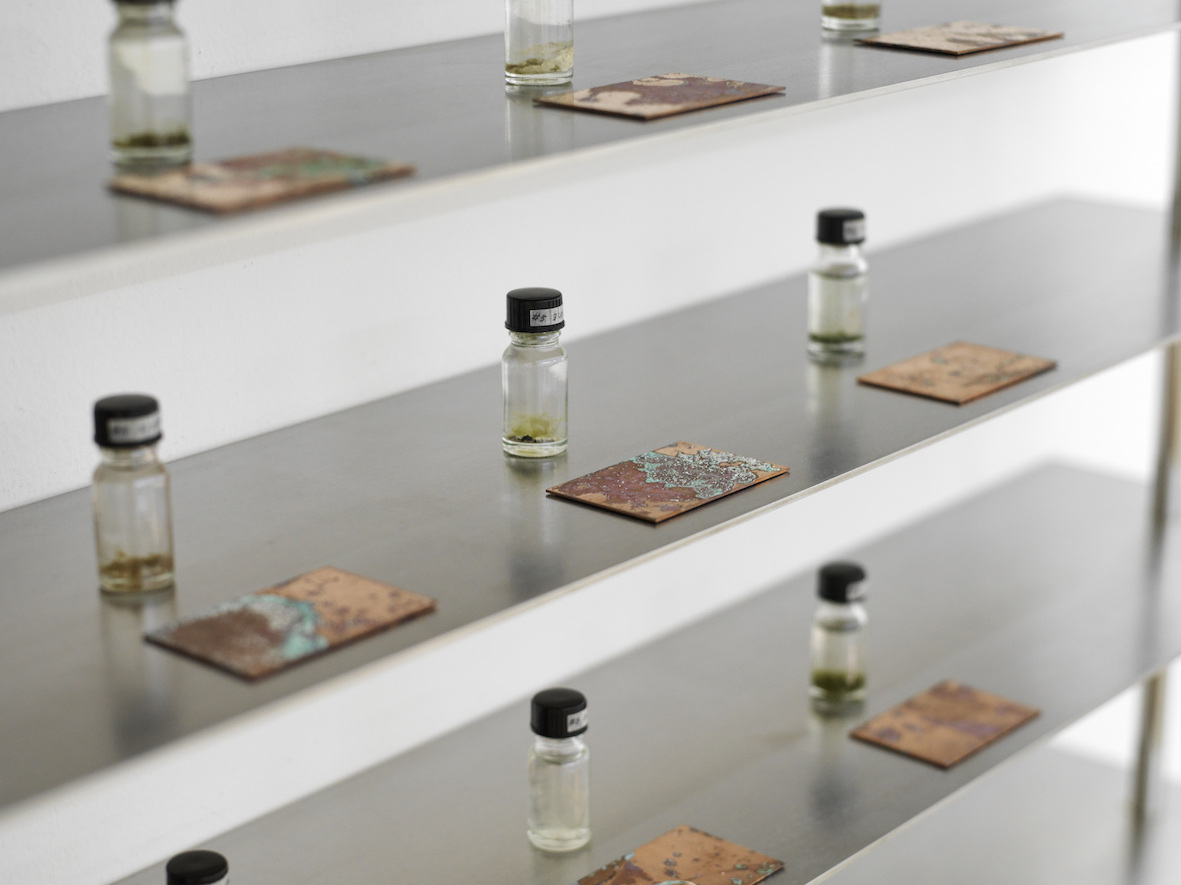
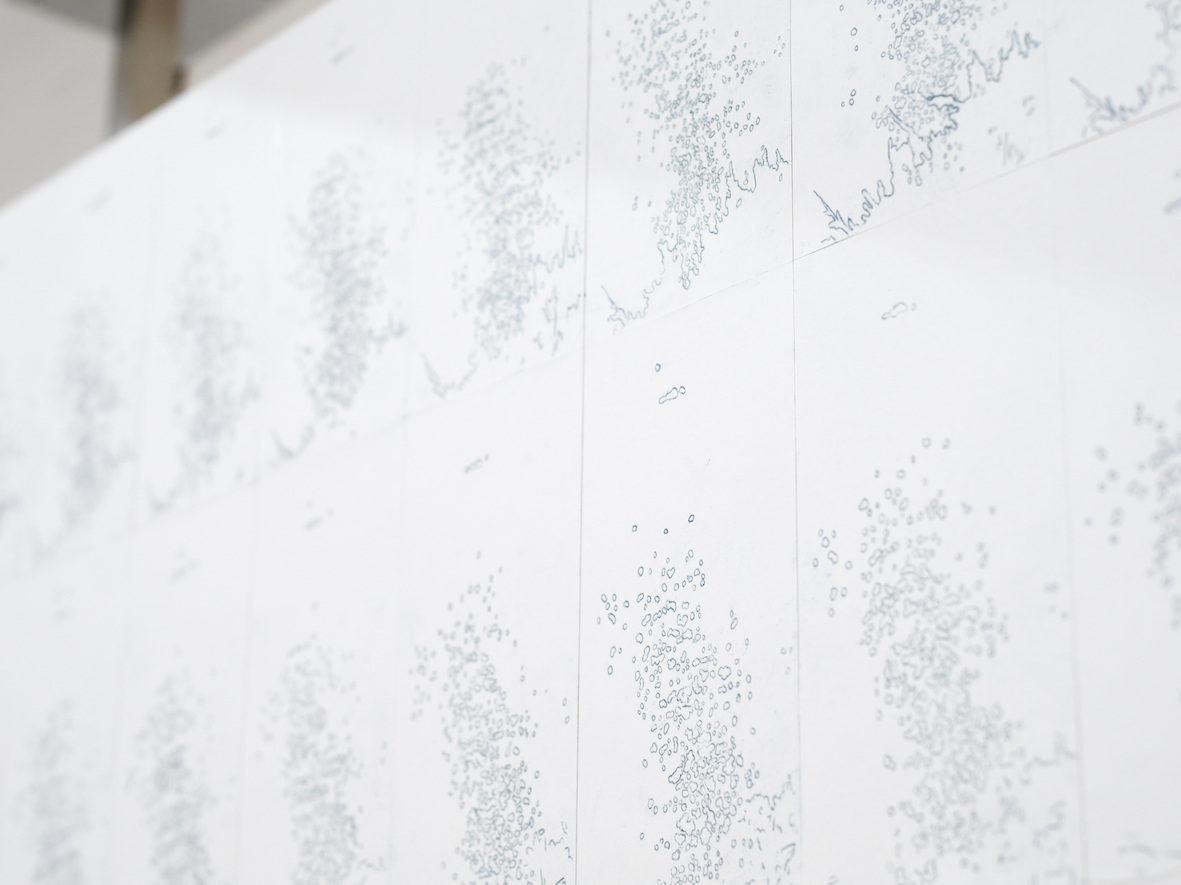
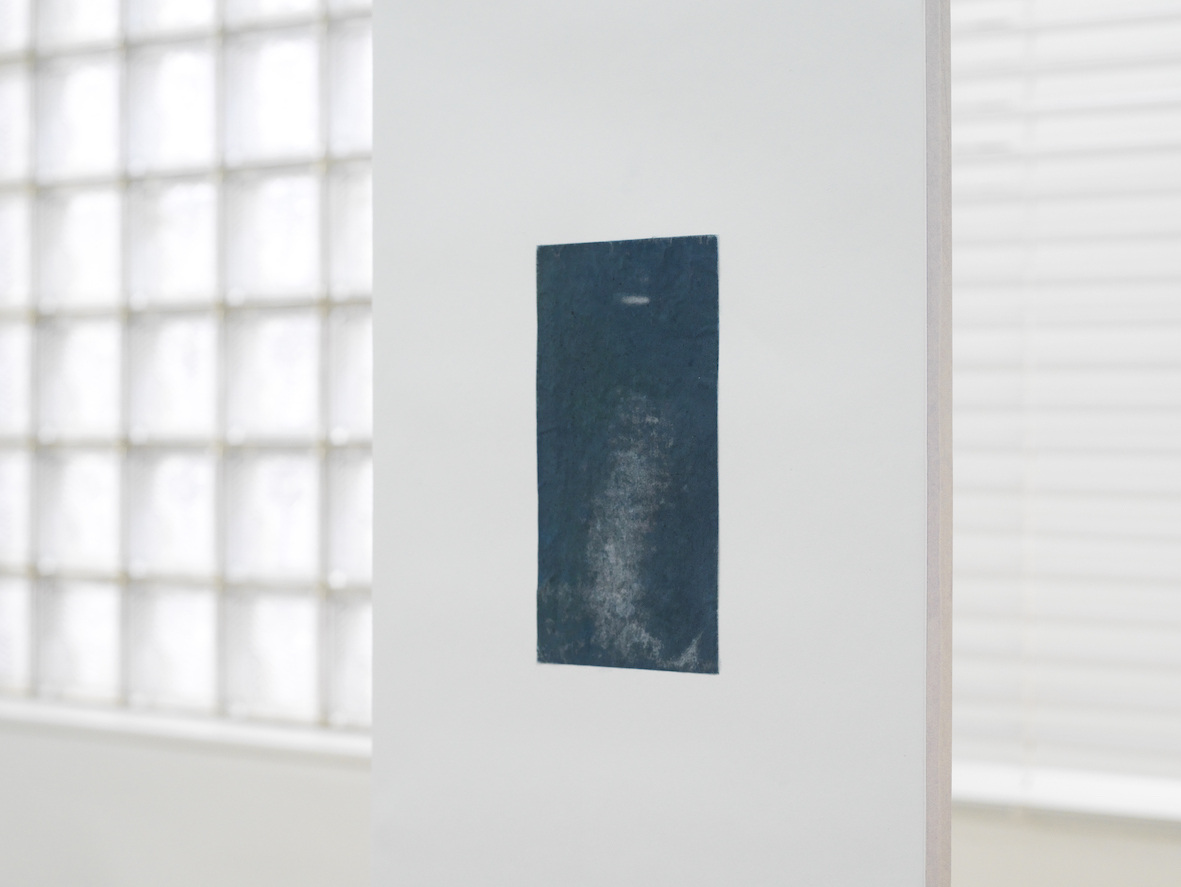
Featured:
0 Gallery | https://000gallery.com/Jiyoon-Chung
Neolook | https://neolook.com/archives/20210731d
Seoul Art Guide | https://www.daljin.com/?WS=21&BC=gdv&GNO=D075023
Art Map | https://art-map.co.kr/exhibition/view.php?idx=9530
Art Boda | https://artboda.co.kr/bbs/board.php?bo_table=exhibition&wr_id=363&sca=%EC%A2%85%EB%A3%8C%3E®ion=